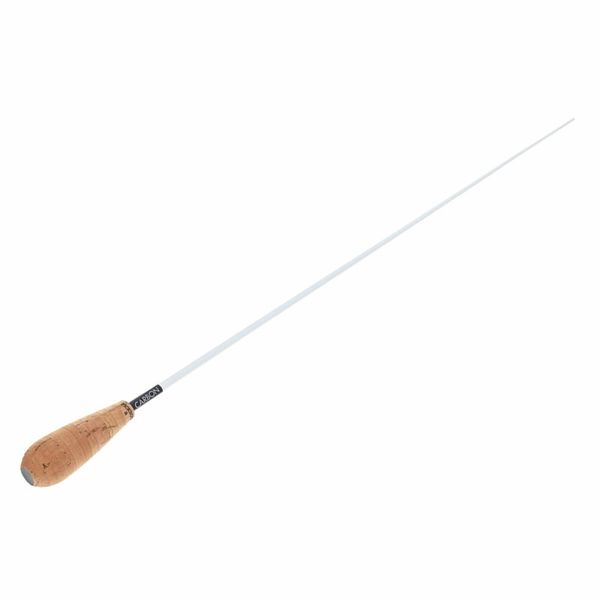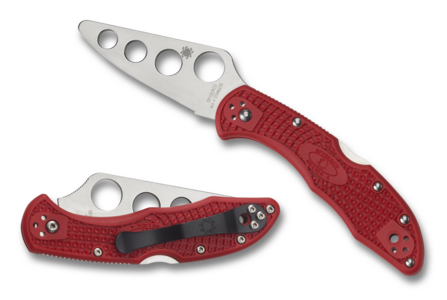
It is possible to have questions about the costs of security courses if you are interested becoming a personal protection agent. This article will answer any questions you may have about the courses available and the requirements required to obtain a license. This article will also discuss where and how to get your training. It's a great way learn the basics and increase your security awareness.
Cost of personal security training
Personal security courses are essential for today's troubled nation. In the current state of the nation, many people feel that their lives are in constant danger. No matter if you live in a high-risk area or work in a high risk sector, it is important to take steps to protect yourself. There are many options for everyone, regardless of their economic or educational background. Here are some benefits to a personal safety course.
It is not easy to budget for a personal safety course. But there are many options to help you secure your building. A weekend course for under $200 can be had, while a three-week course to secure a building in England can run from $2,300 up to $5,400. Whatever your budget, it's important to find a course that suits your training needs.
Different types of courses
There are many types of personal safety courses. This advanced training includes marksmanship and driving skills, as well as first aid. The United States has its own state laws that regulate personal security. Some states require licenses or training. Other states require a concealed carry permit as well as training in driving and marksmanship. Legitimate EP contractors need to have the required training and licensing. There is also controversy surrounding the use of firearms in private sector executive protection jobs.

Some courses cover non-permissive, low-profile security operations and the use of force. Most training focuses on handguns, as they are easy to conceal. Advanced courses might include multiple target engagement and shooting from various positions. They may also teach you how to interpret observations. Some courses even incorporate venue security. It doesn't matter what kind of training you take, personal security classes are essential. And make sure to find the one that will best suit your needs.
Requirements for obtaining a license to work as a bodyguard or close protection agent
A bodyguard, also known by the name "close protection agent", is a security professional who protects VIPs in dangerous situations and from physical attacks. They protect celebrities and clients from all walks of life. A bodyguard's primary goal is to protect a client, and not look intimidating or frightening. Bodyguards often wear sunglasses and designer clothes, and don't have to wear dark suits.
Security Industry Authority is responsible for close protection and executive protection. You must have successfully completed the Level 3 Close Protection course. Wait for confirmation to get your license. The SIA will then conduct background checks. This includes checking your identity, criminal record, and age. To be legally eligible, you will also need to pass a Disclosure and Barring Service(DBS) check.
Locations that offer personal security training
The Military Training Center's high-risk Personal Security Details Course is a unique mix of Military protective services and Police training. This course is inspired by special operations military training programs. The courses provide full immersion training, theory, as well as practical special operations protection services training. Training teams provide practical experience in simulated and real-life scenarios. These courses meet or exceed requirements for Personal Protection Specialist (PPS).

FAQ
Should I keep guns?
Yes! Yes! Gun ownership is protected by the Second Amendment. However, it's important to remember that not everyone has the same right to own firearms. Persons with mental illness, for instance, are forbidden from owning firearms.
It is possible to save lives by having a gun in your home. According to the CDC, there were more than 33,000 unintentional shooting deaths between 1999 and 2016.
The good news is that concealed weapons are allowed in most states. Even if you're not allowed in a state to carry a gun, there are still options.
What medical supplies should I have in my stockpiles?
If you are going to have an emergency situation with a shortage of any type of medicine, then make sure you have enough for at least three months. You can stock up on all kinds medicines including cold medications and pain relievers. You might also want to think about storing food. This is because you won’t have as much time to prepare them if your medications are out of stock.
How do I prepare the house for war.
The first thing you need to do is make sure all windows are closed tight. Put everything else in storage. You will also need to store enough water.
A plan for an evacuation should be prepared. If you have any suspicion that your home might be under attack by enemy forces, evacuate immediately.
If you do, then you might end up dead.
Where are the majority of doomsday planners?
Most people who prepare to face the apocalypse are likely to live in rural regions. Because they are more likely to survive a collapse of society, this is why they tend to live in rural areas. They are also more likely to find supplies if there is less competition.
To survive, you must have food, water, shelter, or other basic needs.
It is best to travel to places with low populations. It is easier to survive if there are fewer people.
How do I doomsday planning on a budget
It's not easy to prepare for an apocalypse. Here are three ways that you can prepare for an apocalypse.
-
Make sure you always have enough water. It is not a good idea to be without food and water in case of disaster.
-
Solar-powered radios are available. This device will keep an eye on the world in case there's a power interruption.
-
Learn how to grow food yourself. By doing this, you will know exactly what you need. You won't worry about running out of food.
Statistics
- A gravel bike was the clear winner, receiving more than 90 percent of the votes. Background: This summer, we surveyed our readers about what they’d shove into a backpack if they were caught unprepared for the collapse of society. (inverse.com)
- Approximately a hundred and seventeen million people earn, on average, the same income they did in 1980, while the typical income for the top one percent has nearly tripled. (newyorker.com)
- A survey commissioned by National Geographic found that forty percent of Americans believed that stocking up on supplies or building a bomb shelter was a wiser investment than a 401(k). (newyorker.com)
External Links
How To
How to survive in the wild with nothing
There are many people in our world today who don't have the resources to survive in the wild. It is essential to know how to build shelters, firewood, hunt animals, get water, build fires and make other basic skills in order for you survive in the wild. You must be able to identify what food you eat, how you get there, where your shelter is and what tools are used in order for you to survive in the wild. If you want survival in the wild you must think like an experienced hunter. Otherwise you will perish.
Survival tips
-
Always have a plan before going out into the wilderness. A plan will help you avoid any problems while you are trying to survive in nature.
-
A map of your local area is a must. A map is a great way to locate your way home if you get lost.
-
Stay hydrated. When you are in the wild, drinking enough water is essential. Make sure that you drink at least two liters of water each day.
-
Know which plants are edible. Learn how to recognize various types of plants.
-
Find a safe spot to sleep. Stay away from dangerous animals or places.
-
You should build a shelter. A good shelter helps keep you warm during cold weather.
-
Use a compass. It is very helpful to be able to read a map when out in the wilderness.
-
Carry a knife. When hunting, knives are extremely useful.
-
Learn how to light a fire. It is vital to have firewood when you are out in the wild.
-
Predators are to be avoided. If you aren't careful, predators could attempt to harm.
-
Be able to use your weapons. If you are in the woods, weapons are very useful.
-
Stay away from poisonous snakes. Snake bites can be very fatal.
-
Avoid being bitten. Some insects can transmit diseases that could cause death.
-
Protect yourself against lightning. Lightning strikes can be very dangerous.
-
Don't touch dead bodies. Don't touch dead bodies.
-
Look after your health. You must look after your health when you're in survival mode.
-
Avoid putting your life at risk by lighting a fire. Fires can cause forest fires and severe damage.
-
Don't waste your time. Time is your most precious possession.
-
Don't panic. Panic only makes matters worse
-
Don't lose hope. Hope is something that keeps us alive.
-
Don't become complacent. Complacency can lead to death.